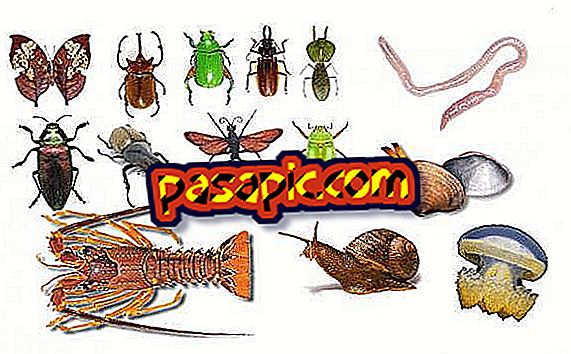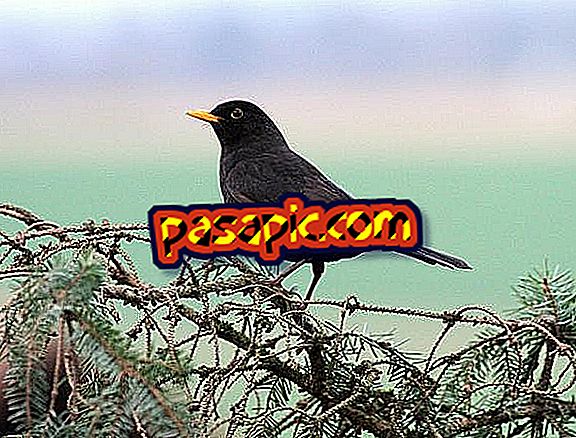What diseases do pigeons transmit to humans
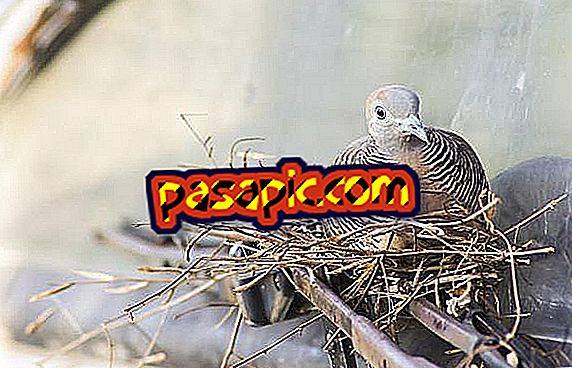
Pigeons are the animals that most controversy awaken, as there is never a lack of those who adore them and spend the afternoons feeding them, it is also difficult to find people who have real repulsion and consider them a source of disease.
The truth is that, like most animals that have adapted to life in the city, pigeons live and feed in unhealthy areas and hygienically inadvisable to humans.
There are many conditions that these birds can pass us, then we explain what diseases transmit pigeons to humans and the ways we have to protect ourselves to avoid them.
Diseases infected by pigeons
The main culprits of most diseases transmitted by pigeons are their droppings, which contain numerous infectious agents from fungi, viruses and bacteria. These excrements, when dried, are spread through the air in the form of dust or microparticles that, in contact with human mucous membranes, can develop diseases.
The infections that can cause depend on the type of agent as well as the age, health status of the person and the strength of their immune system. It is for this reason that children, the elderly and the sick are much more likely to contract any of these diseases.
Pigeons can transmit to humans more than 40 different diseases, then we explain which are the most common:
- Histoplasmosis : is a disease that attacks the respiratory system, which can cause severe lung damage if left untreated. Its main symptoms are high fever with chills, cough and chest pain.
- Chlamydiosis : is the bacteria of birds that, spread by the dust of the feces breathed by humans causes ornithosis.
- Colibacillosis : the condition caused by E-coli, a germ that is also found in human intestines and manifested by fever, diarrhea and skin hemorrhages.
- Salmonellosis : When the excrement of pigeons contaminates human food.
- Encefalitis de San Luis : A serious condition that inflames the nervous system. Its first symptoms are drowsiness, fever and headache, but untreated can cause paralysis, coma and death. Especially serious are the cases that occur in people who are sick or older than 50 years.
- Allergic alveolitis : popularly known for the disease of the lung of the pigeon, although other animals can also spread it, it inflames the alveoli of the lungs caused by the sensitivity to dust in the feces or the feathers of the pigeon. If not treated correctly, the damage can become irreversible.
- Pneumoencephalitis : causes conjunctivitis, nasal congestion and inflammation of the conjunctiva.
In addition to these, other pathologies contagious by pigeons are:
- Listerious
- Avian tuberculosis
- Paratyphoid fever
- Aspergillosis
- Cryptococcosis
- Toxoplasmosis
- Psittacosis.
Experts estimate that about 30% of pigeons that live in the city may be sick. These high rates come from the places where these animals live and feed: garbage, excrement from other animals and more unhealthy substances. In addition, they are already carriers of the fungus that causes histoplasmosis.
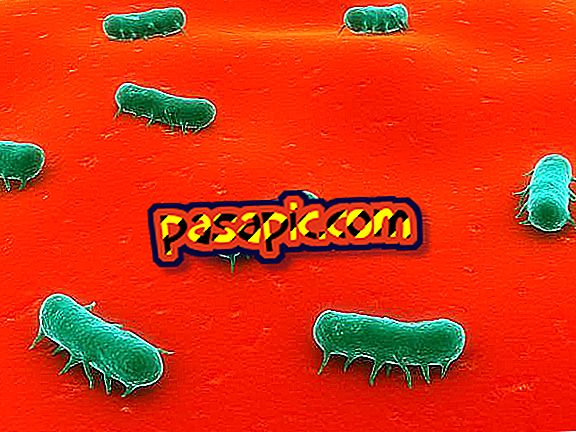
Diseases caused by pigeon parasites
In addition to all the diseases that can cause us to breathe or be in contact with the fecal dust of pigeons, we must bear in mind that these animals can be infested by up to 50 types of parasites. In their nests, 10 types of invertebrates reproduce and grow. If they are close, they can invade your house, transmitting diseases to both humans and pets.
The list of the main parasites that can live in the feathers of the pigeon is the following:
- Pigeon tick
- Parasitic bugs
- Conical nose bug
- Pigeon fly
- Feather louse
- Piojillo aviar
- The mite that causes scabies on the legs
- The mite that produces mange plucking
- The red mite of the hen
- Pigeon flea
- Chicken flea
Apart from the fact that they can also cause allergies, it is important to know that in the nests of pigeons it is common to find Triatoma infestans, popularly known as vinchuca . This is an insect that feeds on blood and transmits Chagas disease.
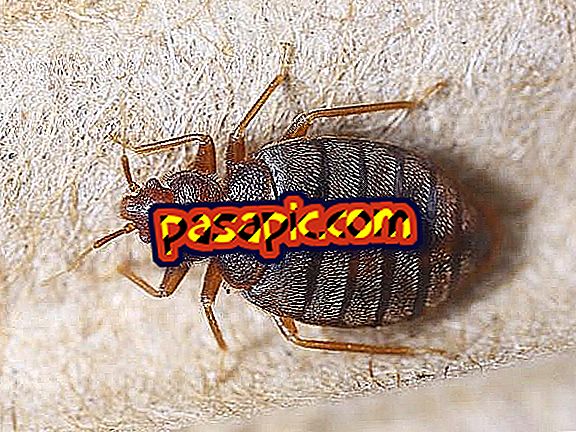
How to prevent pigeon diseases
- Control the colonies of these animals. The best way is to decrease the amount of food they have available so that they do not reproduce massively.
- The cleaning of the areas where the pigeons live and their droppings should be done by wearing disposable gloves and a mask.
- Soak the area with plenty of water to prevent the excrement from turning into dust.
- Do not approach any colony of pigeons if you have any disease or weakened immune system.
- That the municipal authorities carry out tasks of veterinary and sanitary control to avoid overpopulation of pigeons.
Despite all the comments, do not be alarmed or worry too much, although pigeons can be a source of infections and diseases, the studies that have been done about it do not place them as a big danger to our health.
